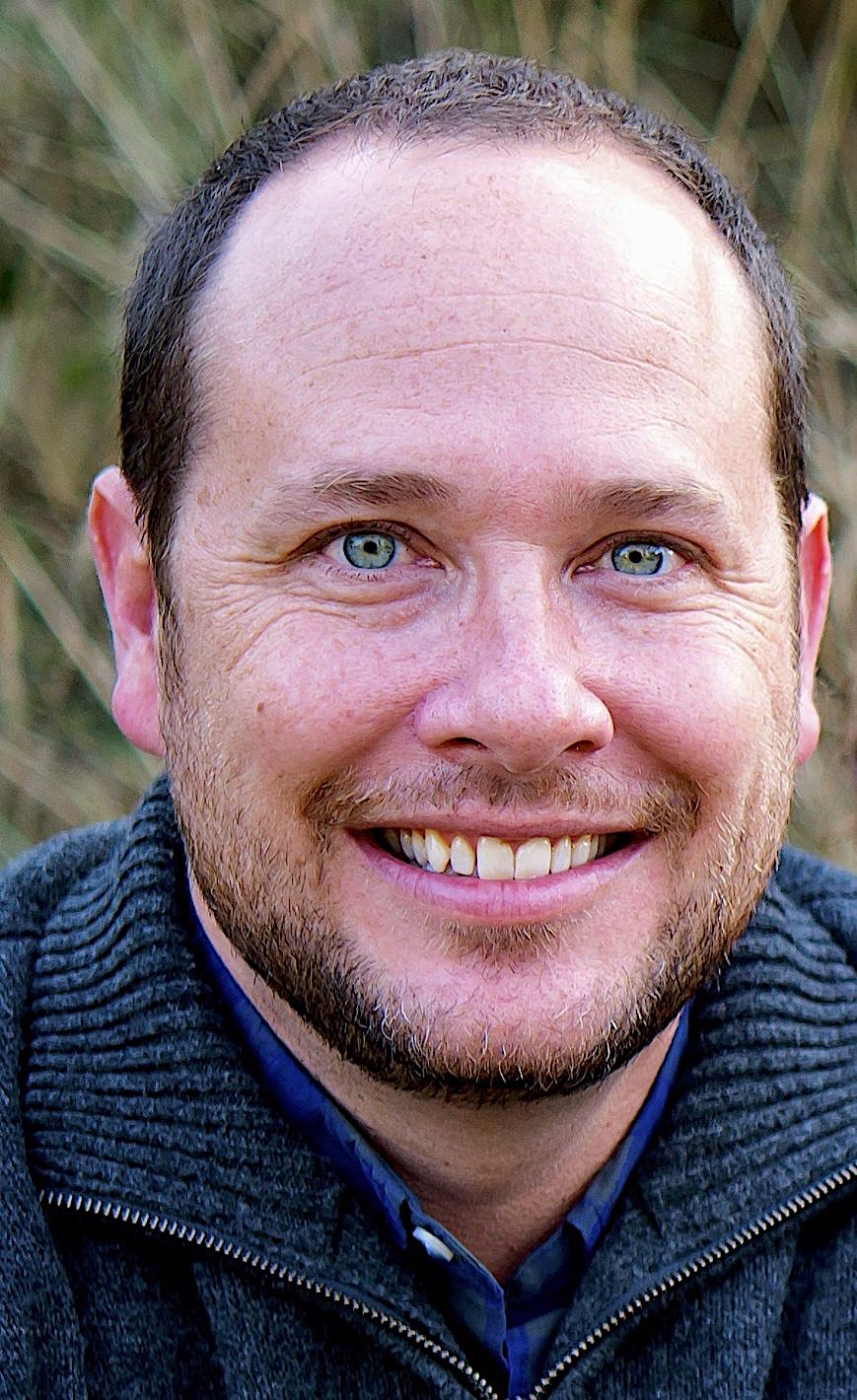The UA Integrative Systems Neuroscience Seminar Series will welcome Brian Wiltgen, an associate professor of psychology at UC Davis, to speak on "Manipulating Memory Traces in the Hippocampus." The seminar will take place at noon on Thursday, April 8.
The hippocampus is thought to encode spatial and contextual memories in distinct groups of neurons called engram cells. Wiltgen's lab was one of the first to confirm this experimentally by identifying active cells during learning and silencing them during memory retrieval. This was accomplished by combining transgenic reporter mice with optogenetic tools to selectively express light-sensitive proteins in active neurons during context fear conditioning. When these neurons were silenced, they found that memory retrieval was severely impaired. Inactivation of hippocampal neurons also prevented the reactivation of neocortical ensembles that were engaged during learning.
These results are consistent with the widely accepted idea that cortical memory traces are reinstated by the hippocampus during retrieval. In subsequent work, Wiltgen compared the effects of several different optogenetic and chemogenetic manipulations to determine which were the most disruptive during context fear testing. He found that memory retrieval was primarily impaired by manipulations that caused widespread changes in hippocampal activity (increases or decreases). Manipulations that produced only localized changes had no effect on retrieval. Surprisingly, widespread decreases in hippocampal activity did not prevent retrieval if they occurred gradually prior to testing. These results suggest that intact brain regions can express contextual memories if they are given adequate time to compensate for the loss of the hippocampus.
About Brian Wiltgen: Wiltgen studies neurobiological mechanisms of learning and memory in the rodent hippocampus, amygdala and neocortex. He is particularly interested in the cellular and molecular processes that stabilize newly formed memories and maintain them over time. His lab also studies neuromodulators (dopamine, norepinephrine, serotonin) and the role they play in memory retrieval and forgetting. To examine these issues, he combines behavioral analysis (spatial, contextual and temporal learning) with pharmacology, electrophysiology, photometry and causal manipulations like optogenetics and chemogenetics in transgenic mice.
The event is free and open to faculty, postdocs, grad students and undergrads! To join, go to Zoom log-in.
Topics
Contacts
Darya Zabelina, assistant professor
Psychological Science
479-575-5813, dlzabeli@uark.ed
